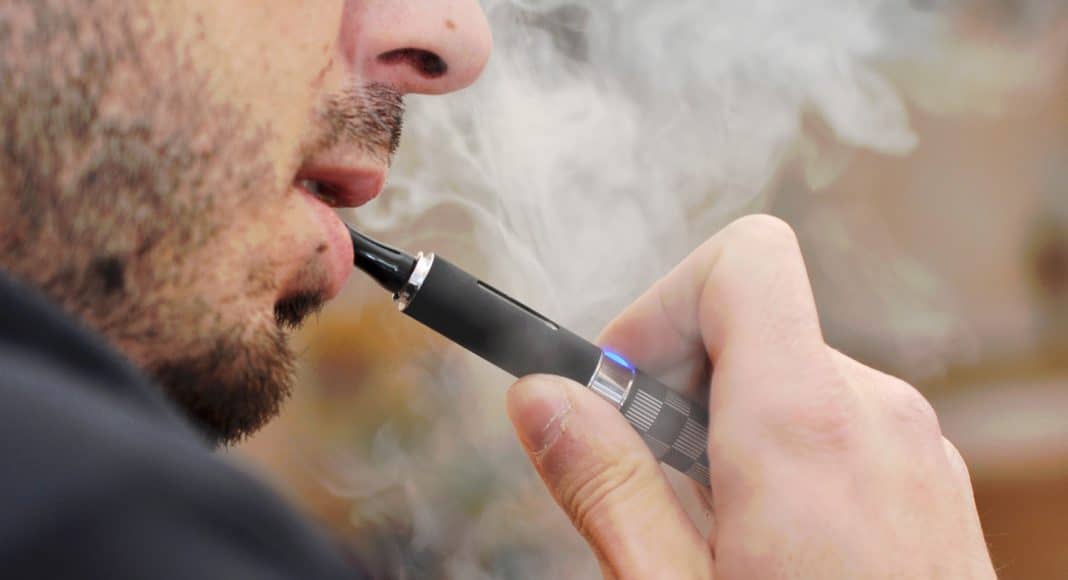Experts say it’s likely that the solvents used in vape cartridges, such as propylene glycol, ethylene glycol, and vegetable glycerin, are the culprits.
The term “vape tongue” or “vaper’s tongue” is being thrown around a lot lately. But what is it, exactly? While the condition is nothing new, it’s gaining in popularity as the consumption of cannabis rises, especially among younger users.
Vape tongue a side effect of vaping that causes users to lose flavor sensitivity in their tongues. The good news is that this condition is temporary and that it has a quick and easy solution; once people stop vaping, they regain their taste buds’ functions within a couple of weeks time.
RELATED: The Dark Truth Behind The Recent Outbreak Of Vaping Related Illnesses

Insider spoke with Dr. Erich Voigt, who said that among the symptoms associated with vaping, like nausea, chronic coughing and trouble breathing, vape tongue is the least discussed. Vape tongue “isn’t something people come into a specialist’s office to fix because it’s a more mild symptom and they deal on their own,” he explains.
While the condition hasn’t been studied, vape tongue is experienced by those who vape cannabis and tobacco, meaning that it’s unrelated to the substance itself. According to experts, it’s likely that the solvents used in vape cartridges, such as propylene glycol, ethylene glycol, and vegetable glycerin, are the culprits. One theory suggests that these liquids can coat the tongue and prevent it from experiencing flavors as it normally does. These solvents could also inflame your nose, affecting your sense of taste even more.
RELATED: Vape Sales Showing Signs Of Recovery From Crisis
While it might take some years to learn about the short and long term side effects of vaping, it appears that at least your tongue and taste buds are safe.


